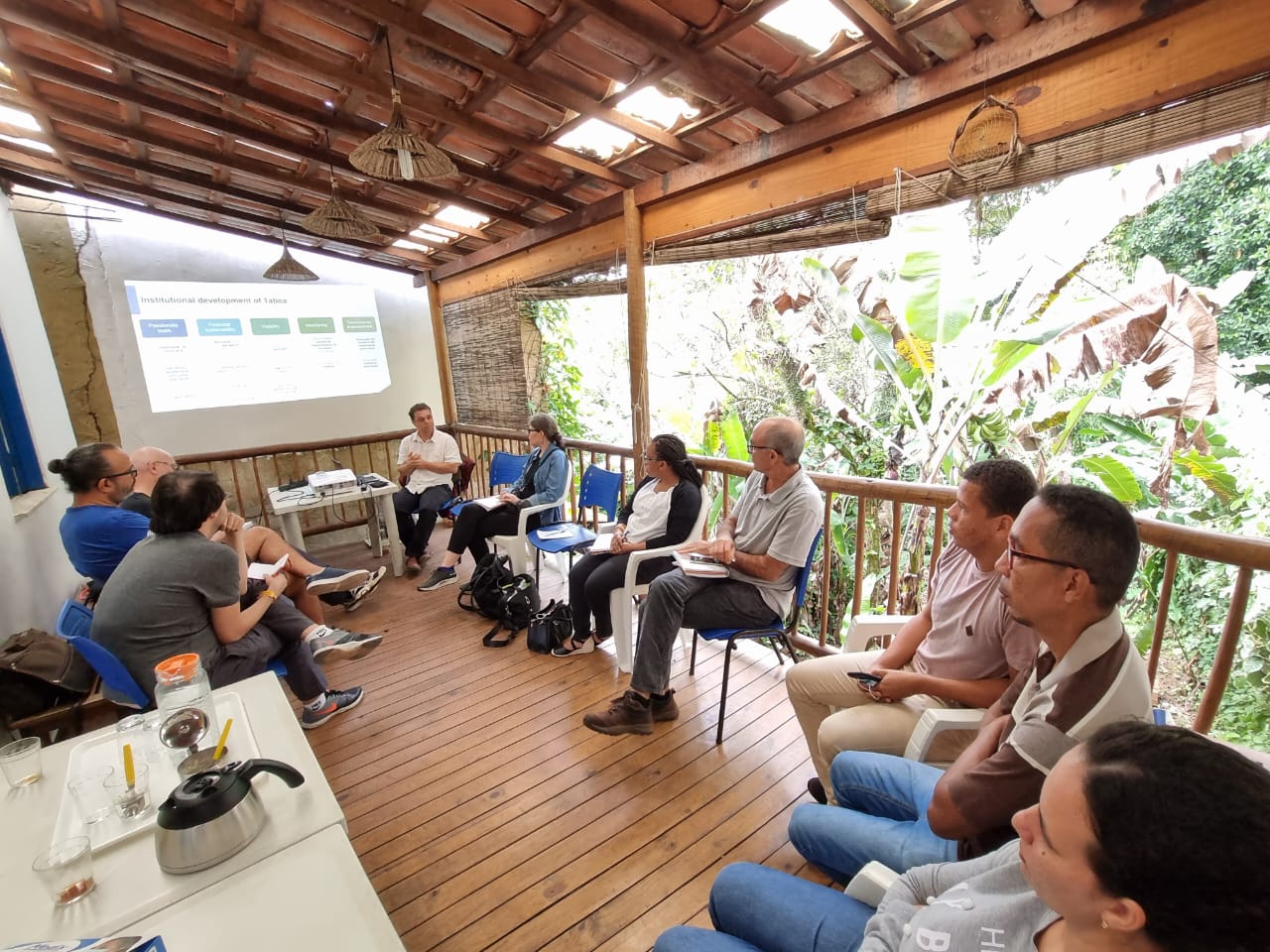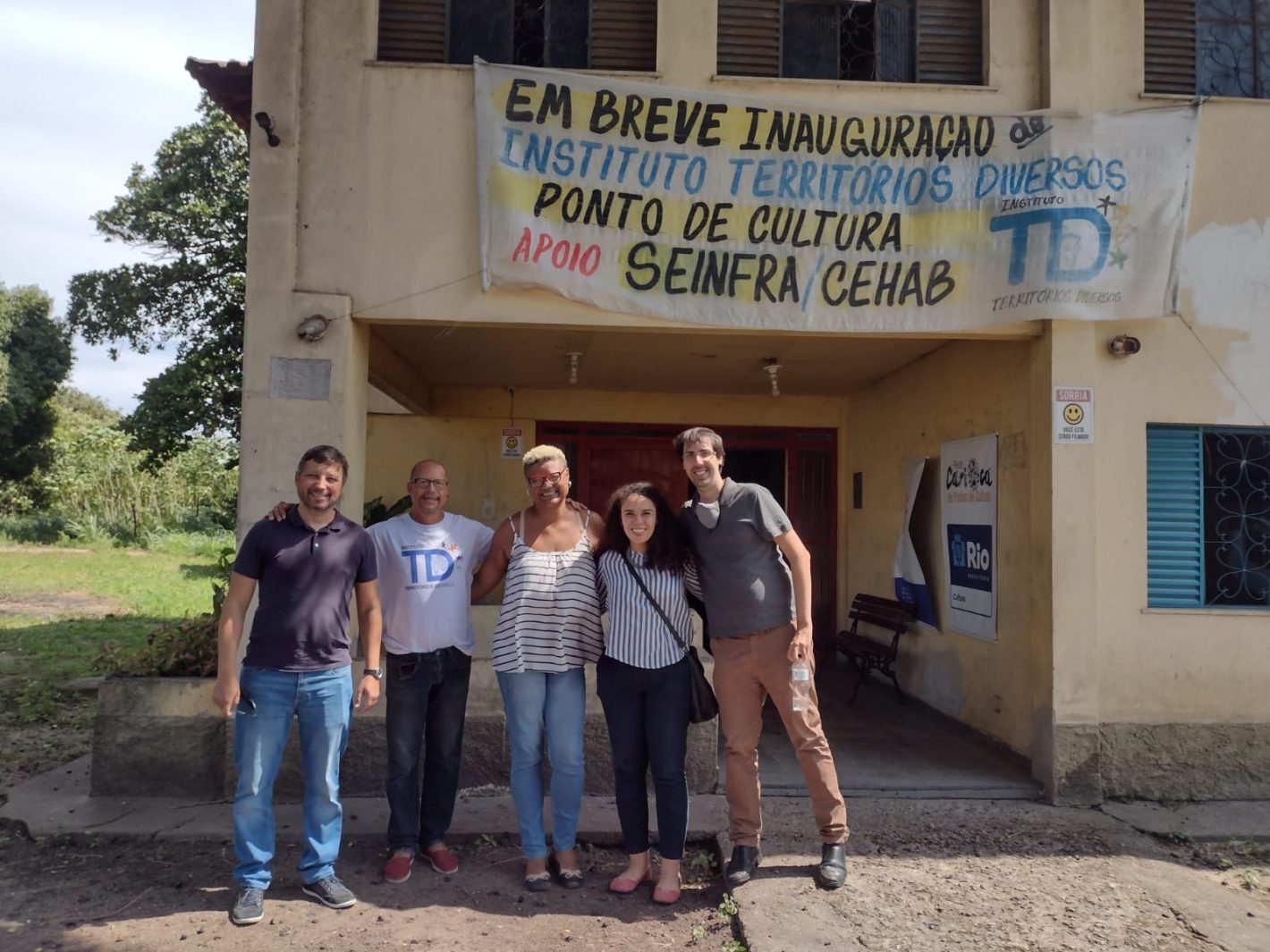by Felipe Groba, Project Manager at IDIS
Still not very popular in Brazil, CFs stand out to support independent intermediation between investors and social organizations.
Imagine if there was a mechanism in Brazil that allows companies and individuals to allocate resources for emergencies and address highly complex socio-environmental issues in a specific territory, without compliance risks, and that also served as a legitimate instrument to advocate for causes and public policies without partisanship. Imagine if this mechanism could foster a culture of local giving and strengthen social organizations and local collectives.
These mechanisms exist. There are about 20 in Mexico, 201 in Canada, and over 900 in the United States — some with over 100 years of history — and they are commonly referred to as Community Foundations – CFs. CFs are independent civil society organizations that strengthen local philanthropy by raising resources from companies and individuals and strategically allocating them to generate impact in a specific territory, at the same time that supports the growth of formal and informal social organizations. They generate impact in a specific territory.

Visit of the IDIS team to ‘Tabôa’, Serra Grande, in Bahia.
Brazil currently has 14 organizations operating under this model in 10 states. Among this group, there are well-established organizations such as the FEAC Foundation of Campinas, the Baixada Maranhense Institute, and the ICOM – Community Institute of Greater Florianópolis, as well as younger organizations such as FEAV, operating in Valinhos, the Cacimba Institute in the São Miguel Paulista region (outskirts of São Paulo), the Manauara Community Association, and the recently formed ICOSE – Community Institute of Sergipe. All of them are part of the Transforming Territories Program, launched in 2021 by IDIS – Institute for the Development of Social Investment, financed by the Charles Stewart Mott Foundation and with institutional support from the Brazil Foundation, Comunitas and GIFE.

Visit of the IDIS team to Redes do Bem, a community organization in Rio de Janeiro
Most Brazilian CFs already have philanthropic funds established to raise and distribute resources to organizations and initiatives within their territories. In addition, they promote campaigns such as ‘Giving Day’, initiatives to engage volunteers and offer courses and training for local social leaders and organizations. Some of them also act as spokespersons for other Civil Society Organizations (CSOs) in the territory, advocating for the strengthening and regulation of philanthropic funds, unlocking resources, and advocating for legislative changes. The legitimacy to activate philanthropy and represent the social sector of the territory comes from the fact that CFs are not oriented towards implementing projects, but to channeling resources to local organizations that works directly with beneficiaries. Therefore, CFs become allies of local CSOs rather than competitors.
Successful experiences have brought some changes in the sector. According to the BISC – Corporate Social Investment Benchmarking research, published annually by Comunitas, 38% of the surveyed companies indicated some degree of priority to support CFs in the 2022/2023 biennium, while 86% of Foundations and Corporate Institutes assigned medium or high priority to them. Within the industrial sector, 75% of respondents stated that they have introduced or strengthened CFs in their social investment strategy (compared to 20% in the service sector), confirming the trend of the extractive and manufacturing industry to seek local socio-environmental solutions to mitigate their negative externalities and enhance their positive ones, in line with ESG practices (environmental, social, and governance).
The potential of CFs as channels for local social investments primarily stems from establishing robust, diverse, and enduring governance, as well as a systemic approach based on the diagnosis of local potential and needs. This is achieved through listening to different voices within local civil society and engaging in constant dialogue with organizations working for the territory. These characteristics align with what companies expect to strengthen their engagement with non-profit organizations. According to BISC, 90% of companies consider “greater evidence of impact in partnerships” as a determining factor for strengthening the relationship. In comparison, 80% indicate the “need for the company to operate within a network”. These are precisely some of the main characteristics of CFs.
It is important to note that CFs are primarily important intermediaries between donors and local organizations, aiming to meet donors’ philanthropic interests while always considering the demands of the territory. An example of this is Donor Advised Funds (DAFs), which are still relatively recent in Brazil. DAFs function as “philanthropy current accounts” for individuals and companies, managed by CFs, which are responsible for investing these resources in the capital market and distributing them to social organizations according to the donors’ preferences. This ability to accumulate resources for future allocation is analogous to cisterns that store water for strategic or high-need moments.
By consolidating and managing third-party donations, CFs are responsible for due diligence, monitoring, and accountability regarding the use of these resources. This allows large companies to fund projects and smaller organizations, as well as informal movements and collectives, as CFs act as a compliance lightning rod, mitigating risks for donors by being the direct receiver of these companies’ donations. Once the due diligence for receiving the resources is completed, it is up to the CF to mentor donors on the strategic use of these resources based on their broad knowledge of the territory, its demands and potential, and its organizations and leaders.
Last but not least, this privileged and democratically territorial perspective allows CFs to serve as spokespersons for the local social sector, advocating for rights and visibility, conducting social campaigns, or even advocating for changes in public policies without being directly exposed to authorities. CFs act as an umbrella, protecting social leaders from unnecessary exposure to political and power games.


